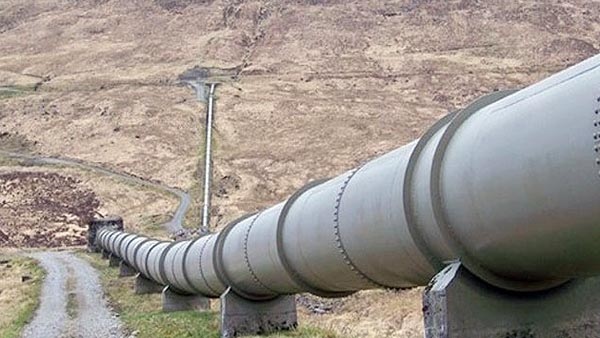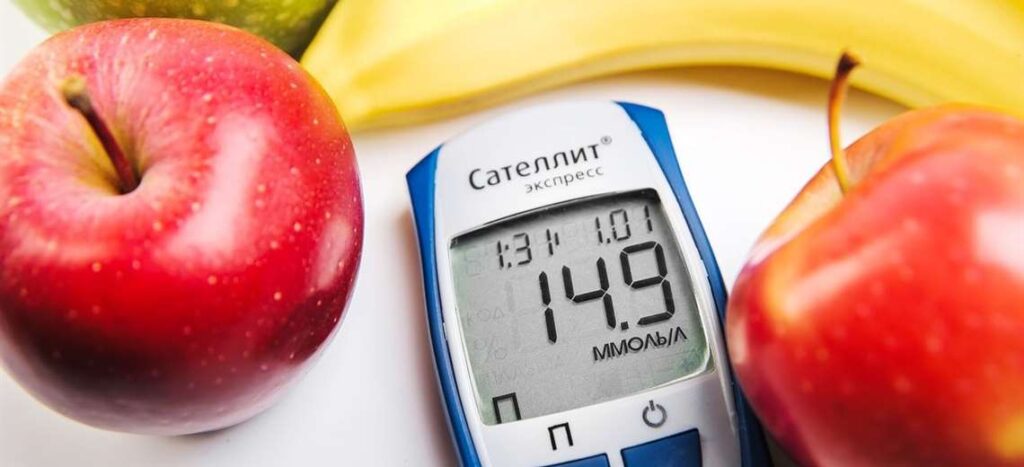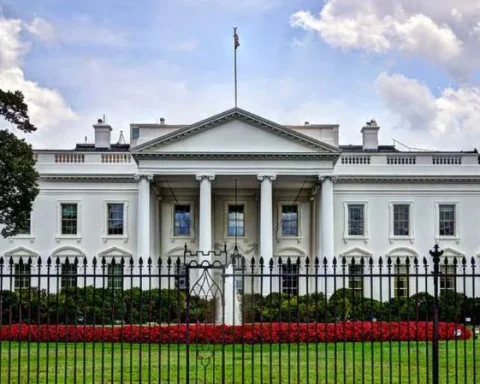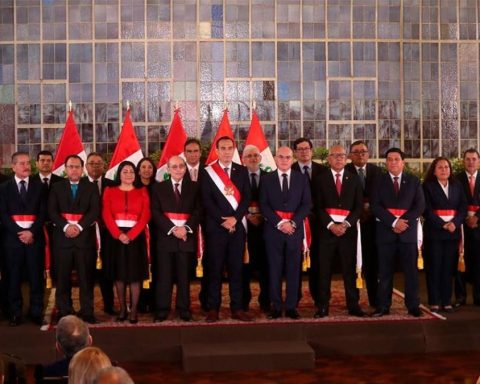The greater internal production of gas, especially in the area of Vaca Muerta, Neuquén, will mean that this year Argentina will have to import less of this fuel compared to previous periods, in a context in which the war between Russia and Ukraine generated a strong increase in international energy prices.
The spokeswoman for the Presidency, Gabriela Cerruti, assured at his usual Thursday press conference that “gas will not be lacking in winter” and that this year Argentina will have to import “much less” due to the increase in the internal production of this fuel, as a result of the “growth of exploitation in Vaca Muerta”.
“The government can guarantee that gas will not be lacking in winter,” Cerruti asserted, who, however, indicated that there are problems on an international scale because “reality is reality and there is a war” between Russia and Ukraine, which affects both the supply as in the prices of hydrocarbons.
“The Government can guarantee that gas will not be lacking in winter”
The latest official data from the Ministry of Energy show a total gas production in January of approximately 130 million cubic meters per day, which means a growth of 12% compared to the same month last year.
Of that total, 69 million corresponded to unconventional production, which reached its historical maximum in the first month of the year, with a growth of 2% compared to December and 42% compared to January 2021.
Cerruti announced that “next week” there will be “news” about the negotiations being carried out by the Minister of Economy, Martin Guzmanand the Secretary of Energy, Dario Martinezto guarantee supply both for residential consumption and for industry and agriculture.
Precisely, Martínez had pointed out last month that “since the Gas.Ar Plan was implemented, maximum numbers of unconventional production are being given and that means more Argentine gas, produced by Argentine workers, with national SMEs that provide technology and added value “.
Martínez pointed out that “the start-up of the new Néstor Kirchner gas pipeline will allow this production to be scaled up, increase exports, substitute imports with Argentine gas and generate thousands of jobs.”
Ceruti maintained that “The Government understands that there is still no lack of diesel”before the journalistic inquiry about alleged supply problems in some provinces.
Regarding the cost of regasification ship shipments, he remarked that “the funds (to pay for them) will be there”, and that the Government “is doing everything necessary” to ensure supply.
In another order, referring to the fuel sales operations of individuals to other countries in border areas, he said that “it is an issue that has to do with security issues”, which concerns “Gendarmerie and provincial governments” .
On the other hand, he considered “very encouraging” the offer expressed by the president of the Argentine Industrial Union (UIA), Daniel Funes de Rioja, to carry out coordinated tasks with the Government to deal with possible problems in the supply of gas.
In the same sense, the Minister of Productive Development had expressed himself, Matias Kulfaswho pointed out in a press conference that “Argentina needs to buy 10% to 15% of its winter gas consumption, but when we are clear about that availability, what is missing is what we are going to coordinate with the industrial sector to optimize it and We hope it will be with the least possible impact”.
This year, the Secretary of Energy foresees a complex scenario as a result not only of the prices of the Liquefied Natural Gas that it imports to complete the domestic supply, but also the lower availability of the resource at a global level due to the war between Russia and Ukraine and the reduction in Bolivian production.
Added to this is a lower availability and high volatility in the prices of diesel and fuel oil, fuels that are used to replace gas in thermal power plants.
Another element is the low hydroelectricity of the main basins that feed the hydroelectric dams, due to the drought.
In this context, Kulfas explained that “in order to anticipate the shortfalls in the coming months, we must wait for the analyzes that have to do with purchases,” which will be carried out by the Ministry of Energy and the company Integración Energética Argentina (IEASA, formerly Enarsa).
“Depending on how much the country gets and the prices, it will be possible to have greater clarity in terms of availability,” said the minister, stating that the Government expects “full supply”, or failing that “the shortage is the minimum possible and be able to manage it with the sector”.

















